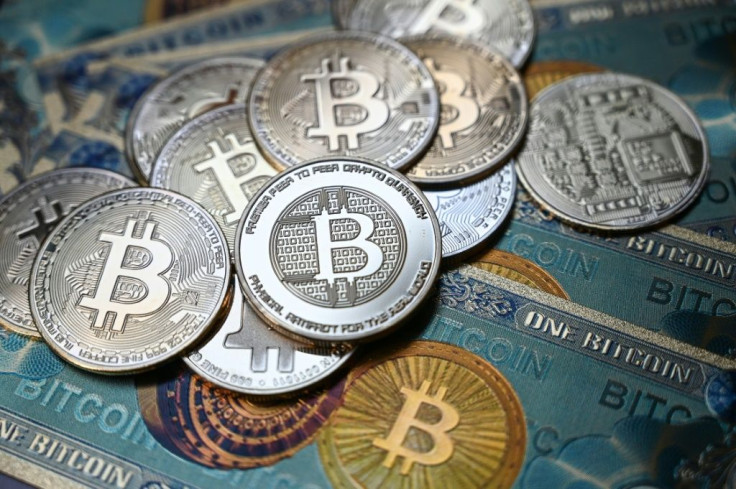Ripple, Being Sued By SEC, To Launch Liquidity Hub For Six Cryptos
KEY POINTS
- "Ripple Liquidity Hub" will support six cryptos including its native coin XRP
- SEC's lawsuit alleges Ripple raised over $1.3B through unregistered securities offering
- Ripple is fighting lawsuit contending that XRP should not be considered a security
Fintech startup Ripple revealed plans to launch Liquidity Hub that will allow financial services firms to offer their clients the ability to trade cryptocurrencies.
The “Ripple Liquidity Hub” will give business customers access to six cryptocurrencies including, Bitcoin, Ethereum, Litecoin, Ethereum Classic, Bitcoin Cash and its native coin XRP, the company said in a blog post Tuesday, revealing plans of adding additional digital assets over time.
The liquidity hub aims to “uniquely solve for the specific pain points of enterprise customers, avoiding long and resource-heavy integrations through a streamlined API, and – unlike most other offerings – eliminating pre-funding requirements in order to free up working capital,” the blog post read.
RippleNet General Manager Ashish Birla said the company will add features like staking and yield generation functions, and will also explore getting liquidity from decentralized exchanges in the near future. The Liquidity Hub will help the enterprises in 2022 and beyond, Birla said in the blog post dropping cues at the launch year of the hub.
Founded in 2012, Ripple is closely associated with the cryptocurrency XRP. The company markets XRP to financial firms and helps in speeding up international payments with its On-Demand Liquidity product.
The company is in a sticky situation with the Securities and Exchange Commission (SEC) over XRP as the regulator has filed a lawsuit against Ripple and executives Brad Garlinghouse and Chris Larsen for allegedly raising more than $1.3 billion through unregistered securities offering.
“We allege that Ripple, Larsen, and Garlinghouse failed to register their ongoing offer and sale of billions of XRP to retail investors, which deprived potential purchasers of adequate disclosures about XRP and Ripple’s business and other important long-standing protections that are fundamental to our robust public market system,” Stephanie Avakian, director of the SEC’s Enforcement Division, said in a press release last year.
Ripple is fighting the lawsuit, contending that XRP should not be considered a security.

© Copyright IBTimes 2024. All rights reserved.












